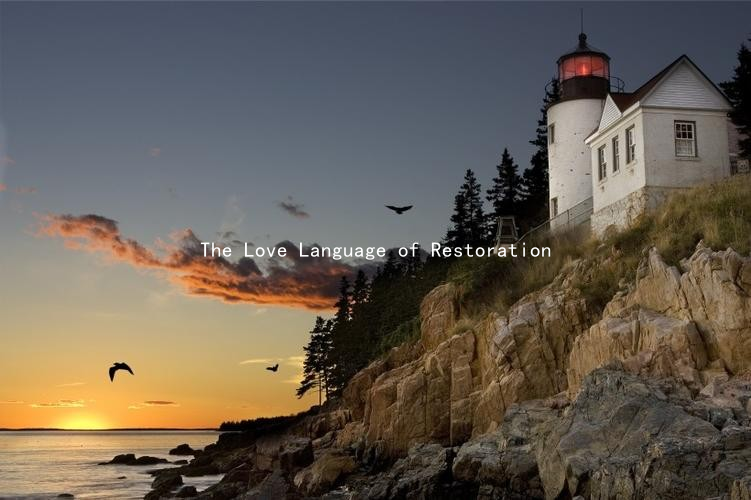Exploring Love and Desire: Philosophical Insights for Better Relationships
Exploring Love and Desire: Philosophical Insights for Better Relationships
In the intricate dance of romance and partnership, understanding the underlying philosophies of love and desire can profoundly enhance our relationships. Love is not merely an emotion; it embodies a complex interplay of psychological, cultural, and philosophical elements that shape our connections with others. Embracing these insights can facilitate more meaningful interactions and foster deeper connections.
One of the foundational concepts to consider is the distinction between love and desire. Philosophers like Plato and Erich Fromm provide valuable perspectives. Plato’s “Symposium” posits that love can be seen as a quest for the divine beauty, transcending mere physical attraction. This idea encourages partners to appreciate each others inner qualities, fostering a profound emotional bond that extends beyond superficial desires. By nurturing this sense of appreciation, individuals can cultivate a more resilient love, built on mutual respect and admiration.
Fromms notion of love as an art underscores the importance of commitment, responsibility, and knowledge. He argues that love requires effort and dedication, akin to mastering a skill. This perspective reframes relationship dynamics; instead of seeing love as something that simply happens, individuals learn to actively engage in the art of loving. Communication becomes a powerful tool in this process, as partners must express their needs, aspirations, and fears openly and honestly. This transparency not only strengthens trust but also enriches the emotional tapestry of the relationship.
Another profound philosophical insight comes from existentialism, which emphasizes authenticity in relationships. Jean-Paul Sartre’s ideas around “being-for-others” speak to the necessity of recognizing our partners as independent beings, rather than mere extensions of ourselves. Embracing this viewpoint fosters a sense of freedom and respect, allowing individuals to flourish in their own identities while maintaining a connection. Encouraging each other to pursue personal passions can create a richer relational experience, where both partners feel valued for who they are beyond the romantic sphere.

Moreover, the practice of mindfulness and being present can greatly enhance relationship quality. Buddhist philosophies advocate for the power of presence, suggesting that genuine attention to our partners can foster deeper understanding and compassion. Simple acts like active listening, where one approaches conversations with empathy and openness, can transform the way partners relate to one another. In a world rife with distractions, prioritizing “now” can strengthen the emotional bond and create shared experiences that are both meaningful and memorable.
In building strong relationships, we must also confront the idea of vulnerability. As Brené Brown eloquently states, vulnerability is the birthplace of innovation, creativity, and change. Being open about fears and insecurities can lead to deeper intimacy and connection. When partners create a safe space to be vulnerable, they can transcend superficial chatter, exploring the depths of their relational dynamics in a constructive way.
To cultivate an enriching relationship, it is vital to embrace both the beauty and complexity of love. By understanding love as a philosophical pursuit rather than a fleeting emotion, individuals can adopt a proactive stance in their partnerships. This means seeking not just to fulfill personal desires, but to nurture a shared vision of love that is built on respect, authenticity, and open communication.
In conclusion, exploring love and desire through philosophical insights provides a roadmap to better relationships. By actively engaging in the art of loving, being present, respecting individuality, and embracing vulnerability, we can create deeper connections that not only endure but thrive. Love is a journey, and with these insights, we can navigate it with greater wisdom and joy.





